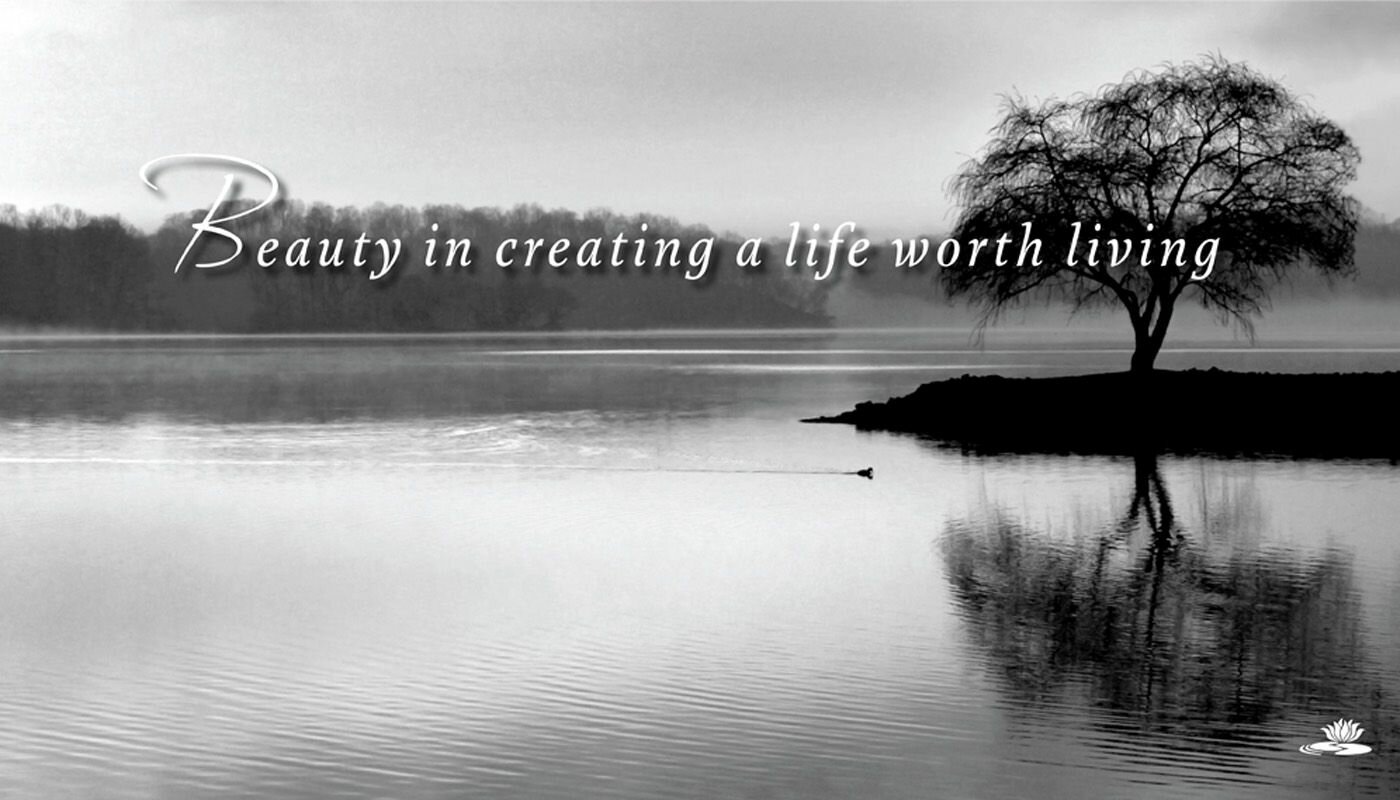
Family love is interesting: we often bond so closely with our family despite differing personalities and ages. We love our family, though we often would not be friends with people who have their traits and personalities. But the differences that make families so interesting can also hinder understanding of emotional struggle.
In our teenage years, we struggle to define ourselves. We want to find out who we are and what we can do in life. These years center on the self, so we can often be selfish with those we love.
As we get older, life begins to center around what we can do for the world. We care for what we have built in life: our homes, our children and our careers. Eventually, we reach the stage in life in which we must accept age and be cared for by others. This life stage poses its own emotional challenges.
For women with depression, anxiety and other mental health issues, emotional breakage often begins with a childhood event that determined her avoidances in life. Each subsequent stage of life presents different coping methods. Young women often turn to alcohol and substance addiction, because those are readily available in the college years. Older women may neglect themselves in favor of caring for others, isolate or turn to other forms of addiction.
Each coping strategy perpetuates the lie that keeps women ill. No matter her age or stage of life, it is only by stripping away these lies and exploring her true self that a woman can begin the road to recovery.
Though it is easy to resist our personal truths, we find that when women discover the source of their breakage, the rush of hope and understanding hastens healing. Then the true process of recovery and rebuilding can occur.
























































